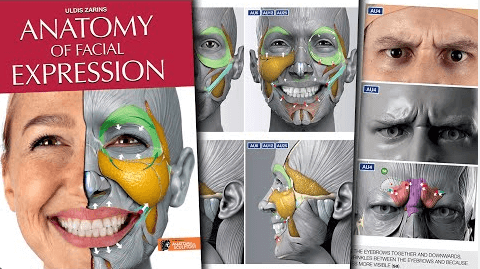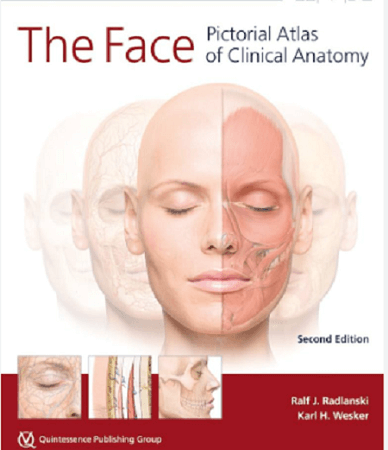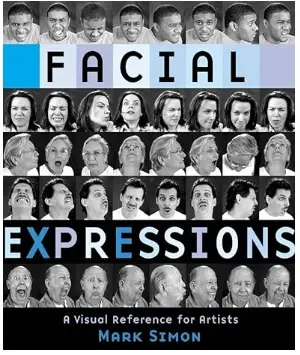Intransitive Phrasal Verb

- Article graphics | FluentUOpens in new window
Understanding Intransitive Phrasal Verbs
PHRASAL VERBSOpens in new window are made up of a verb and a following particle.
The particle in this sense, refers to words that function as prepositions or adverbs in other contexts (e.g., up, on, down, out, around) but do not function as prepositions or adverbs when part of a phrasal verb. In this entry, we focus on Intransitive Phrasal Verbs.
We can distinguish two types of INTRANSITIVE PHRASAL VERBS:
- Pure Intransitive Phrasal Verbs and
- Ergative Phrasal Verbs.
As with other phrasal verbs, the meaning of an intransitive phrasal verb usually cannot be arrived at by simply combining the meanings of its individual parts.
Pure Intransitive Phrasal Verbs
The pure intransitive phrasal verbs took off and sat down are shown in sentences 1) and 2), respectively.
As 1b) and 2b) illustrate, the verb part of an intransitive phrasal verb usually cannot be separated from the following particle by an adverb.
- The plane took off quickly and climbed to cruising altitude.
- The plane took quickly off and climbed to cruising altitude.
- She sat down very slowly and began to cry.
- She sat very slowly down and began to cry.
- We are going to move on.
- We are now going to move on [to the next item → PP ].
- He checked out.
- He checked out [of the hotel → PP ].
- He checked out of the hotel on Tuesday.
- He checked out of a hotel in Nice on Tuesday.
Common examples of pure intransitive phrasal verbs such as come over (“visit”), get together (“meet”), and line up, are used primarily in conversation and fiction. They are used less frequently than transitive phrasal verbs in news report and much less frequently in academic prose.
Like single-word intransitive verbs, intransitive phrasal verbs may be followed by prepositional phrases. These often describe thematic relations. For instance, the next item in the PP headed by on in 3b) has the thematic role of goal. It is what we are moving on toward.
Similarly, the hotel in the PP headed by of in 4b) has the thematic role of the source of the action expressed by checked out. (See Thematic RoleOpens in new window)
Sentences 4c) and 4d) show that prepositional phrases of location (in Nice) and time (on Tuesday) may follow thematic relations of goal or source. (Note that PP, as used here, is abbreviation of prepositional phrase.)
Ergative Phrasal Verbs
Some phrasal verbs are Ergative; that is, they describe an action that is experienced be the subject. Typical examples are die down, taper off, and crop up, as shown in 5).
- After about an hour, the storm began to die down.
- At the end of December, sales of consumer goods usually taper off.
- Over the past two weeks, a number of problems have cropped up.
- The ship blew up. → ergative
- The terrorists blew up the ship. → transitive counterpart
- The terrorists blew the ship up. → transitive counterpart
- Her shoes wore out. → ergative
- She wore out her shoes walking to work. → transitive counterpart
- She wore her shoes out walking to work. → transitive counterpart
Some Ergative Phrasal Verbs have transitive counterparts, which take the particle movement rule.
Examples of these paired ergative phrasal verbs and their transitive counterparts are shown in sentences 6) and 7). (The verbs in [5], in contrast, can be termed unpaired ergative phrasal verbs).
























